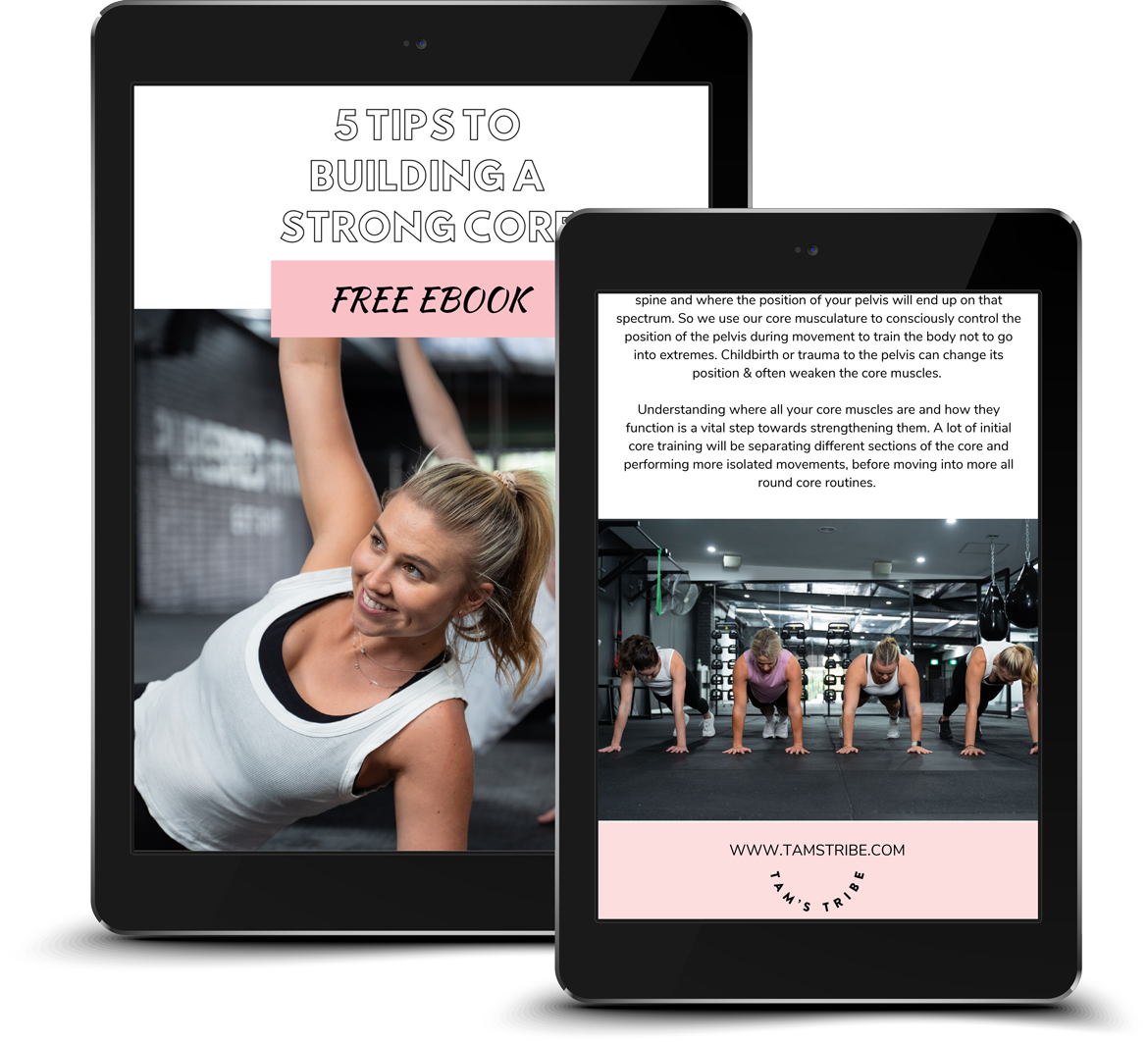Sure women suffering incontinence and other pelvic floor symptoms is common but it is not normal. I highly suggest if you have any signs of pelvic floor dysfunction you book in to see a Women’s Health Physiotherapist and have an assessment and organise a treatment plan. See below a list of physiotherapists I suggest in my local areas.
Are you working on your pelvic floor muscle or know you need to? What if I could suggest you change a few things you do each day to lead you closer to a strong and fully functioning pelvic floor.
There are a few simple lifestyle habits that could be affecting your pelvic floor function, and they are relatively easy to change and could offer you a lot of relief or stop any pelvic floor issues in the future.
Sitting cross legged
It’s All Connected. By crossing your legs at the knee, you might think the only anatomy at risk is your knee. However, this position can also lead to strain on your hips, pelvis and spine. Which in turn puts more stress on your pelvic floor muscles.
Being regularly constipated
Chronic straining from constipation can lead to weakening of the pelvic floor muscles, excessive stress on pelvic organs and nerves, as well as bladder dysfunction. Make sure your diet has a lot of fibre and fermented foods to promote good gut microbiome and reduce constipation.
Bad posture
Poor posture can lead to imbalances in any one of these core muscle groups. When this happens, there is potential for more pressure on the pelvic floor muscles, and this could than impact bladder and bowel control. Improving your posture strengthens both your pelvic floor and other core muscles, improves flexibility to keep everything inside your abdomen and pelvic region in the right spot, and even helps with breathing.
Excess weight gain
Carrying excessive weight can present with a range of urinary, bowel and sexual dysfunction problems as well as things like prolapse. Urinary incontinence, faecal incontinence and sexual dysfunction are more prevalent in people with obesity so it is vital to maintain a healthy weight range for your pelvic floor muscles.
To much sitting
If you are sitting with poor posture or sitting too long, your core and the parts of your body that make up that area, such as the pelvic floor muscles, can be impacted, being too sedentary causes shortening of pelvic floor muscles. Get up and move!
Dysfunctional breathing
When you inhale, your breath moves down into your abdominal cavity. At the same time, your pelvic floor drops and lengthens. When you exhale, your diaphragm releases and your pelvic floor shortens, moving back to its resting position. When you aren’t able to exhale correctly, your pelvic floor may remain on a constant stretching from the pressure in the abdomen. This may lead to weakening of your pelvic floor, which causes things like urinary incontinence and prolapse.
Diaphragmatic breathing is an important tool for the nervous system and pelvic floor. It’s been shown to reduce stress, lower your heart rate and blood pressure, improve core muscle stability, and actually help the pelvic floor relax and contract correctly! The opposite – what many of us do daily – is shallow chest breathing!
Do you find yourself doing some of these? If so, some simple changes could help you on your journey to rehabilitating your pelvic floor muscles. Trust me ladies even small symptoms in pelvic floor will more often than not turn into bigger issues down the track especially during menopausal years.
Women’s Health Physiotherapists
Fit & Flow Physiotherapy Caringbah
The Physiotherapy Clinic Woolooware/Bondi
Enlighten Collective Southern Highlands
Ready to get strong book a FREE 30 minute consult call with me TODAY

